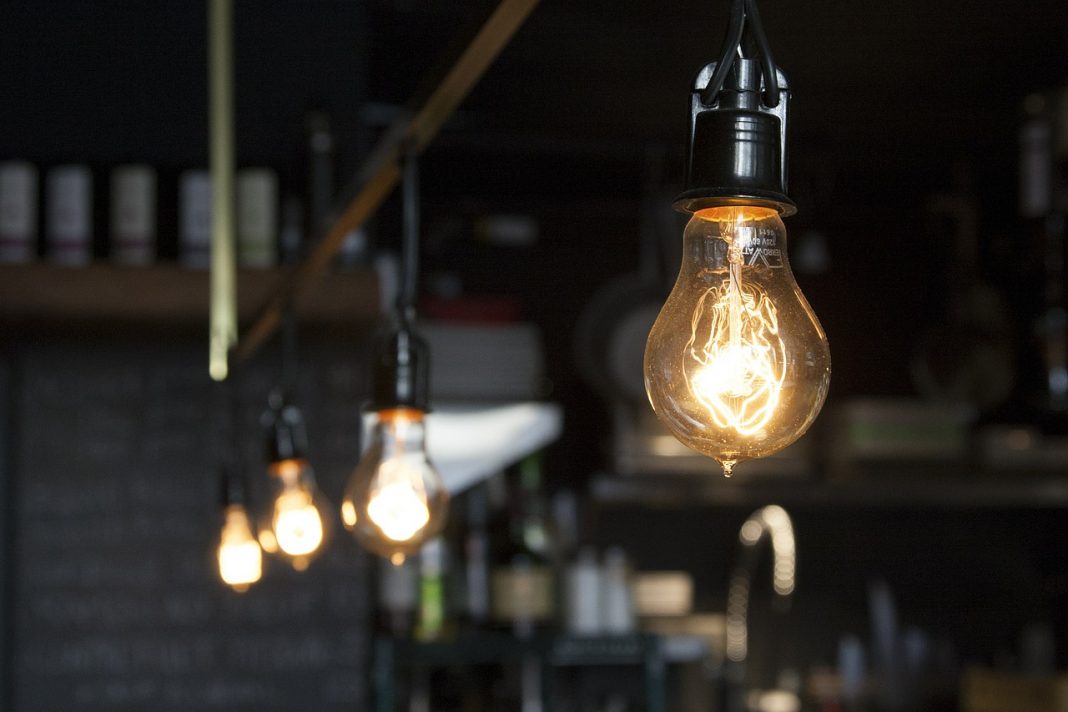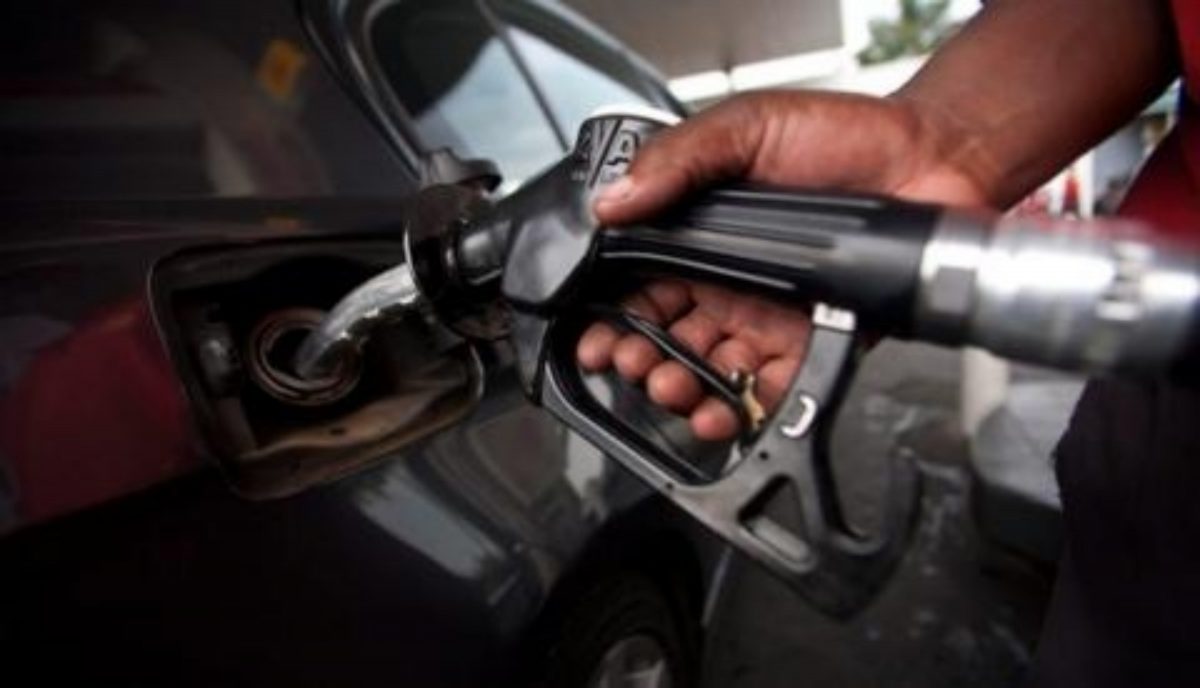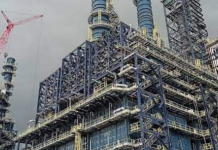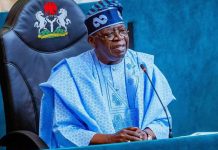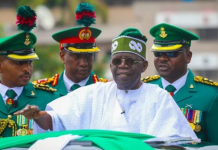I am writing this week’s column from Nelson Mandela University in Port Elizabeth, South Africa, where I have come to deliver a talk on media theory. But this column isn’t about the talk or about South Africa. It’s about the enduring problems of electricity generation and distribution in Nigeria, which I have brooded over for quite some time.
It’s ironic that I am writing about Nigeria’s new economic apartheid in electricity consumption from the previous land of apartheid where electricity is a human right, where even the poorest of the poor “have a public law right to receive electricity” even before the abolishment of apartheid, according to F. Dube and C.G. Moyo in their 2022 article titled “The Right to Electricity in South Africa.”
I’m not sure there’s any modern country on earth where electricity is as precarious, as insufficient, as unreliable, and as socially stratified as it is in Nigeria. The hierarchization of electricity distribution into “bands” in which people classified as “band A” (read: the wealthy) get the most electricity and people classified as “Band E” (read: the most economically disinherited) get the least electricity is the most starkly state-sanctioned economic discrimination I have ever seen anywhere in the world.
President Bola Tinubu should order that the bands be disbanded forthwith. This is embarrassing official idiocy.
The point isn’t even that so-called Band A electricity consumers don’t actually get the amount of electricity that their socio-economic status should guarantee them, according to the new state-sponsored economic apartheid that imposes discrimination on electricity consumers. The outrage is that the government would conceive of a program where a resource as indispensable to modern life as electricity is rationed on the basis of economic status.
Electricity is the cornerstone of development. It isn’t a privilege. It should be a human right. It should be accessible to everyone. It’s the driver of economic development, is indispensable to healthcare, is the backbone of education, supports modern agricultural practices, is fundamental to technological progress, powers social development, and enhances quality of life.
The government’s goal should be to generate and distribute “Band A” electricity for all consumers in Nigeria—like is done in other countries, including countries much less endowed than Nigeria.
As I pointed out in a previous column, the depth of Nigeria’s electricity problems didn’t become magnified in my consciousness until July 2009 when I visited my mother’s maternal relatives in the city of Parakou, the capital of Borgou State (or, as states are called there, “Department”) in Benin Republic. Throughout the one week I stayed in Parakou, Benin Republic’s third largest city with a little over a quarter of a million people, electricity didn’t blink for even a split second.
Except for the distinctive sights, sounds, and smells of the city, it felt like I was still in the United States.
To be sure that the impressively continuous electricity we enjoyed wasn’t a fluke, I asked my mother’s first cousin (that would be my “first cousin once removed” in Standard English and my “uncle” in Nigerian English) in whose house we stayed to tell me the last time they lost power in the city or in the neighborhood.
He started to jog his memory and even enlisted the help of his wife because he thought I needed to know the exact day for record purposes. I told him not to bother, but I later learned from him that although power outages occur, often for maintenance, they are infrequent, relatively brief, and often announced ahead of time in the broadcast media.
This is particularly interesting because Benin Republic buys most of its electricity from Nigeria, although my cousin said that wasn’t true of Parakou. Most importantly, though, there was no invidious social differentiation of electricity consumers into “bands.” If there was, my relative in Parakou would be in “Band E” because he retired from the Beninese civil service on a modest rank.
Almost every Nigerian I know who has traveled outside Nigeria shares the same experience as mine. A former colleague of mine at the Presidential Villa in Abuja who traveled to Iran for weeks returned and told us he didn’t witness power outage for even a fraction of a second throughout his stay in the country, which caused him to insist that if Iran was a “Third World” country, Nigeria must be a “10th World” country.
And that leads me to the question: why has it been impossible to power Nigeria? Why does every other country on earth seem to be doing better than Nigeria in electricity generation and distribution? I think it’s because we have never had anyone with a clue to manage Nigeria’s power sector. Let’s look at some of the ministers of power we’ve had since 1999.
In 1999, the late Chief Bola Ige, who became the minister of power, promised to “turn stone to bread.” He was deploying a biblical metaphor to imply that he would make the seemingly impossible possible. Well, he didn’t have a stone to start with, so there was no bread. His legacy was darkness.
On November 28, 2012, the then Minister of State for Power, Hajia Zainab Kuchi, told South African investors that “evil spirits” were to blame for Nigeria’s interminable electricity troubles. “We must resolve to jointly exorcise the evil spirit behind this darkness and allow this nation take its pride of peace [sic] in the comity of nations [sic],” she said.
About two months later, her metaphysical explanation for Nigeria’s electricity difficulties got a professorial endorsement when, on January 23, 2013, Chinedu Nebo, a professor of engineering and former university vice chancellor, told the Nigerian senate that power outages were caused by “witches and demons” and that “If the President deploys me in the power sector, I believe that given my performance at the University of Nigeria, Nsukka, where I drove out the witches and demons, God will also give me the power to drive out the demons in the power sector.”
He got the job. But neither he nor Kuchi were able to exorcise the “evil spirits,” “demons,” and “witches” that they believed sucked the megawatts out of Nigeria’s power plants. Their legacy was more darkness.
Then on July 11, 2014, Babatunde Fashola said Nigeria’s electricity problems were political, even electoral. “The only way you and I will have electricity in this country,” he said, “is to vote out the PDP.”
Again, at the 7th Annual Bola Tinubu Colloquium on March 25, 2015, Fashola blamed “amateurs” for Nigeria’s power generation problems. He infamously said, “Power generation is not rocket science; it is just a generator. So just remember and imagine that your ‘I-better-pass-my-neighbour’ in one million times—its capacity but in one place. So, if you can make that size of one kilowatt, you can make a power turbine of one thousand megawatts…
“So, with all the billions of dollars that have been spent, the story is that we still live in darkness. Our government lies about it, but it is not because power is impossible. But to tell you very confidently that we do not have power because power is difficult to generate; we have darkness because we have incompetent people managing our economy. As one of my friends fondly calls them, our economy is being managed by amateurs.”
He was appointed the minister in charge of power a few months after this overconfident political diagnosis of Nigeria’s unending electricity woes. Within a few months of being in power, disappointed Nigerians nicknamed him the “minister of darkness,” and Buhari didn’t reappoint him to the ministry for a second term.
He was replaced by a man who didn’t know what his job was supposed to entail, who didn’t know he was the minister of power, who was so colorless and so uninspiring that no one knew him when he held sway, much less remember him after his tenure expired.
So, from 1999, we went from treating our electricity problem as one that could be resolved through Ige’s poetic and theological flourishes to thinking that Nebo’s and Kuchi’s metaphysical delusions provided the keys to unlocking it, to imagining that Fashola’s two-bit, evidence-free, exaggeratedly partisan outbursts were any good, to the unpretentious shallowness of Fashola’s successor.
Now we have an Adebayo Adelabu, a completely clueless, unfeeling buffoon who is clearly out of his depth, as the minister of power. Here is a minister of power who is so hopelessly ignorant about power that he thought keeping freezers connected to electricity continuously was a waste of power that was peculiar to Nigeria and has championed the idiotic social stratification of electricity consumers.
Now he says if Nigerians are not prepared to pay an arm and a leg for electricity, they should come to terms with perpetual darkness. What kind of responsible government official says that?
This is especially tragic because everyone knows that electricity is the driving force of technology and innovation, not to mention basic creative comforts. Any country that can’t fix its electricity can’t participate in the increasingly digital economy of the 21st century and will be stuck in permanent developmental infancy.
Yet, in spite of the drag that poor electricity exerts on creativity and innovation, Nigeria’s youth have been some of the world’s most high-flying digital creators and drivers. Imagine what Nigeria would be if it had a leadership that cared and knew how to fix its electricity crisis.

